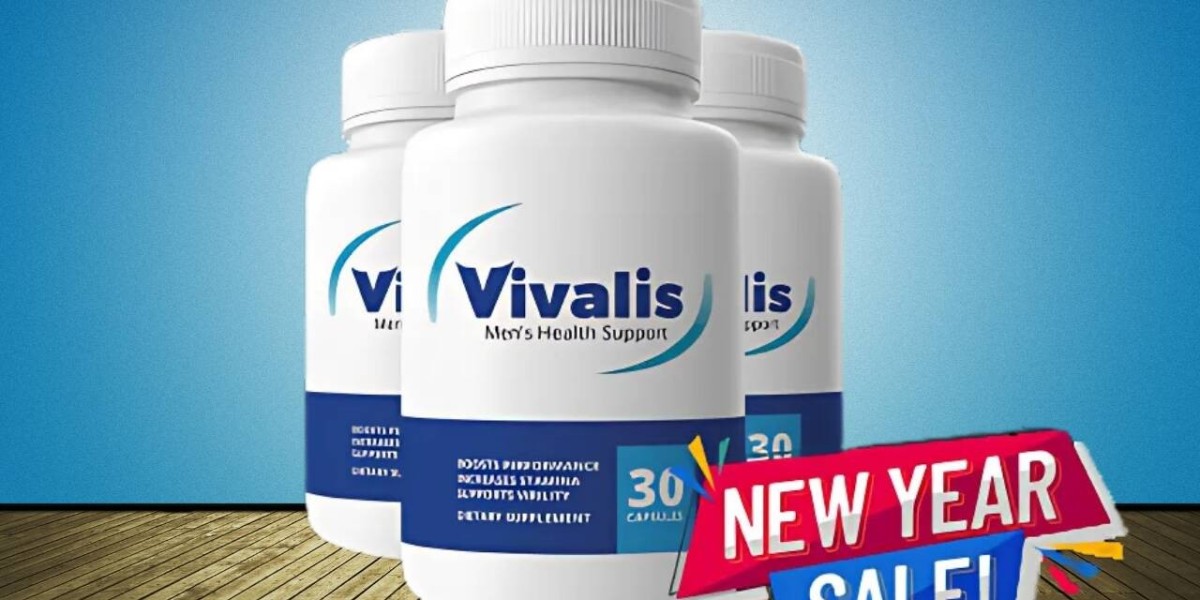For what reason are waterproofing exterior walls important?
Prevents Structural Damage: Water can erode the structural integrity of your house over time, resulting in problems like rusted metal, decaying wood, and weakened foundations. By keeping your walls intact, waterproofing helps you avoid having to make expensive repairs.
Minimizes the Growth of Mold and Mildew: The presence of moisture can foster the growth of mould and mildew, which can be extremely harmful to human health. Mold development can be prevented, and indoor air quality can be enhanced by waterproofing your external walls.
Improves Energy Efficiency: Waterproofing creates a better insulation layer, minimizing heat loss in the winter and keeping your home cool in the summer. Lower energy costs and more comfort are possible outcomes of this.
Improves Aesthetics: Waterproofing shields your walls from damage while also making them look better. A well-kept exterior can substantially improve the appearance of your home.
Techniques for Waterproofing Exterior Walls
There are various techniques for waterproofing external walls, and each has advantages of its own:
Waterproofing Sealants: These are sprayed directly onto the wall's outside. Water is repelled and prevented from reaching the surface by the protective barrier that sealants create. They work well on a variety of materials and are frequently simple to apply.
Liquid Membranes: To create a seamless barrier, liquid waterproofing membranes are applied as a liquid and allowed to cure. They can adjust to the movements of the building and work especially well on complicated surfaces.
Sheet Membranes: These are prefabricated sheets that are attached to the exterior of the wall. They create a strong waterproof barrier and are commonly utilized in commercial applications due to their durability.
Cementitious Waterproofing: This technique forms a waterproof layer using a substance derived from cement. It works best on below-grade walls, such as basements, but it can also be utilized above ground.
Bentonite Clay: When this natural clay comes into contact with water, it forms a gel, which acts as a waterproof barrier. It is frequently utilized for retaining walls and foundations.
How to effectively waterproof anything
Evaluate the Walls: Start by looking for damage, cracks, and potential entry points for water in your walls.
To guarantee that the waterproofing material adheres to the walls properly, clean the surface by removing any dirt, mould, and loose items.
Fix any fissures: Use an appropriate filler to cover any holes or cracks to produce a smooth surface.
Apply the waterproofing material: Whether using a liquid membrane, sheet membrane, or sealant, apply the waterproofing material according to the manufacturer's instructions.
Permit Appropriate Curing: Make sure the item dries fully before exposing it to dampness.
Maintenance Schedule: To guarantee continuous protection, periodically check the waterproofing and make any necessary repairs.









